From mowing someone’s lawn to doing shopping, time banking is a way of exchanging skills without money changing hands. Here, Michael Alexander speaks to Fife and Dundee volunteers hoping to expand its reach in Fife, Tayside and beyond.
Growing up working class in Falkirk, former Valentines of Dundee sales director George Cuthill has fond memories of neighbours helping each other and doors “never being closed”.
In the holidays, he and his friends would be out playing football and cricket from dawn ‘til dusk – only returning for lunch and tea. His family wasn’t poor, he says. But they weren’t well off either.
Today, George says many people still give their time freely to help friends and neighbours.
It can be simple things like taking a neighbour’s dog for a walk while they are on holiday, or putting the bins out for an elderly resident.
It’s a community-minded ethos that’s existed since time immemorial – particularly in Scotland.
“We’re all Jock Tamson’s Bairns!” adds the 83-year-old of Cairneyhill, West Fife. “Growing up Scottish is like winning the lottery!”
But what if practical help, given by strangers, could be formalised and turned into a community where time is the principal currency?
What if for every hour that participants ‘deposit’ by giving practical help and support to others, they are able to ‘withdraw’ equivalent support in time when they found themselves in need?
Inspiration for Timebanking Scotland
The principle lies behind Timebanking Scotland which was established as a charity by George and three colleagues in March.
The vision of the charity is a country in which every community, which wishes to, has a time bank at its centre where the sharing of time and skills of all its people is valued equally.
Time banks already exist in Broughty Ferry, Leith, Portobello, Stanley and Aberfeldy.
Now, following establishment of the charity, he would like to hear from more communities interested in getting involved to take the vision forward.
With the cost of living crisis growing, he thinks it’s more important and relevant than ever.
“Time banking is a means of exchange used to organise people and organisations around a purpose, where time is the principal currency,” he says.
“For every hour participants ‘deposit’ in a time bank, perhaps by giving practical help and support to others, they are able to ‘withdraw’ equivalent support in time when they themselves are in need.
“In each case the participant decides what they can offer. Everyone’s time is equal, so one hour of my time is equal to one hour of your time, irrespective of whatever we choose to exchange.
“Because time banks is just a system of exchange, they can be used in an almost endless variety of settings.”
Time bank network
George explains the five existing time banks in Scotland formed a network to share experience in setting up and running a time bank and to offer support to anyone in Scotland who wanted to establish one.
This progressed to the setting up of the charity to seek funding to develop a framework to raise awareness, to share knowledge and skills accumulated and to help build capacity and resilience in communities.
However, the initial concept was born in the USA in 1981 when Edgar Cahn, who started out as a law professor before becoming Bobby Kennedy’s speech writer and a civil rights campaigner, started thinking about the service-credit approach while recovering from a heart attack.
Lying in a hospital bed feeling helpless, he got a taste of what millions of people experience when they become old, sick or have unmarketable skills.
“In many ways a time bank is like a blood bank,” says George.
“You give a pint and down the line, if you or someone in your family needs it, you can draw down on it.
“The difference is that this bank enables you to deposit time, and everybody’s time is equal to everybody else’s time.
“Society is not set up so that you can walk up to someone and say ‘I want to help you’. Timebank is like a letter of introduction.
“It reminds people of their roots and asks them to remember a time when neighbours helped neighbours.
“It also helps us think about cutbacks in services and how we need to be able to cope with them.”
Lifetime of experience
George is no stranger to “sales” – and now he is using a lifetime of experience to try and get more communities on board with Timebanking Scotland.
His 19-year association with Dundee card company Valentines began in 1968 when he was working for Hallmark Cards.
After spells as a sales director, he finally left Valentines in October 1987.
He planned to go into wholesaling.
However, when someone asked if he could help out with Scottish development agency work, this led to him doing a 19 years stint as a self-employed business development adviser.
This brought him into contact with the private, third and public sectors.
From there, he became involved for 10 years with Healthcare Improvement Scotland.
Through them, he became involved with Fife Voluntary Action, which, in turn four years ago, first saw him hear about the concept of time banking.
While there was a Timebanking UK organisation, it had next to no reach in Scotland, he says.
That was then the idea was first mooted to establish a separate Scottish organisation – initially targeting Levenmouth deprivation areas.
“In 2018, we were given £30,000 from the Levenmouth committee of councillors to set up a pilot which we did,” he says.
“The way it worked was if a man dug hole in a lady’s garden for a pond for example and it took two hours, they would have two hours banked.
“Asked what they wanted in return they might say they wanted somebody to paint their fence.
“What you find is people are already doing it. They’ll say ‘I cannae dae it’.
“I’ll say ‘Wait a minute, you’re in a wheelchair, you’re mature.
“Can you phone somebody every day and help?’ The answer will be ‘yes’.”
Decision to become a charity
George said they discovered the concept worked.
However, after receiving that initial £30,000 from Fife Council, issues arose about future funding.
With an interruption caused by Covid-19, they decided the best way forward was to become a charity in March this year through Fife Voluntary Action.
With colleagues in Broughty Ferry, Stanley and Pitlochry taking on roles, George has taken responsibility for raising awareness and liaising with Fife Voluntary Action.
He recently contacted First Minister Nicola Sturgeon’s office who were helpful.
However, he was most impressed with his MSP Shirley-Anne Somerville – Cabinet Secretary for Education and Skills since 2021 – with whom he had a meeting.
She suggested a three-day pop up exhibition now planned for the foyer of the Scottish Parliament in November.
What are the aims now?
“What we are desperately trying to do at the moment is get one group of people to say they are interested and for us four at Timebank Scotland to come along and help set it up,” he says.
“Basically we are trying to get a group of people who know each other.
“Stanley is a great example where it’s already proven to work.
“It’s also a great thing to help with mental health.
“The great thing about time banking is it’s not volunteering because it’s reciprocal.
“If I was selling a pitch, what better time to introduce time banking than now when people are struggling.
“Whenever I do a pitch do you know what my final sentence is?
“No money changes hands! People love that! It’s very much in the Scottish nature.
“It’s the community spirit thing. We’ve got that in spades!”
Broughty Ferry Timebank
James Mooney, chairman of Timebank Scotland, manages the Broughty Ferry time bank as a hired employee by the trustees.
Broughty Ferry Timebank not only operates in Broughty Ferry, but also across the whole of Dundee.
“For my involvement in Timebanking Scotland I was instrumental in setting-up the initial network group, which was made up of time banks from across Scotland,” he says.
“We are now a charity and also a registered company.
“I am delighted to be part of what is an exciting addition to the charity volunteering sector and to be working with a fantastic group of colleagues.
“Our aim is to promote and support the development and setting-up of time banks across Scotland.
“Timebanking Scotland is perfectly placed to do this due to the expertise and skills of the charity trustees who bring decades of knowledge and experience.”
How to get in touch
To find out more, contact George Cuthill via timebankingscotlandgc@gmail.com or James Mooney via tbschair@gmail.com
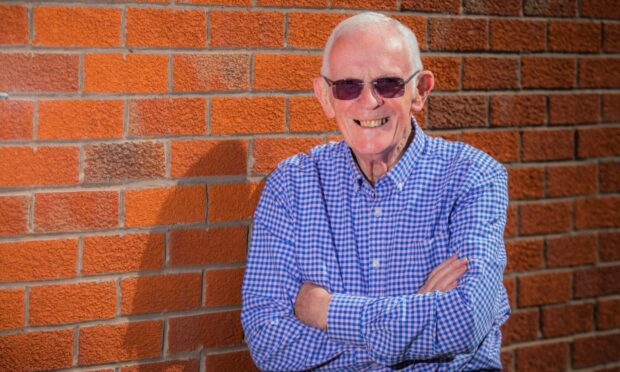



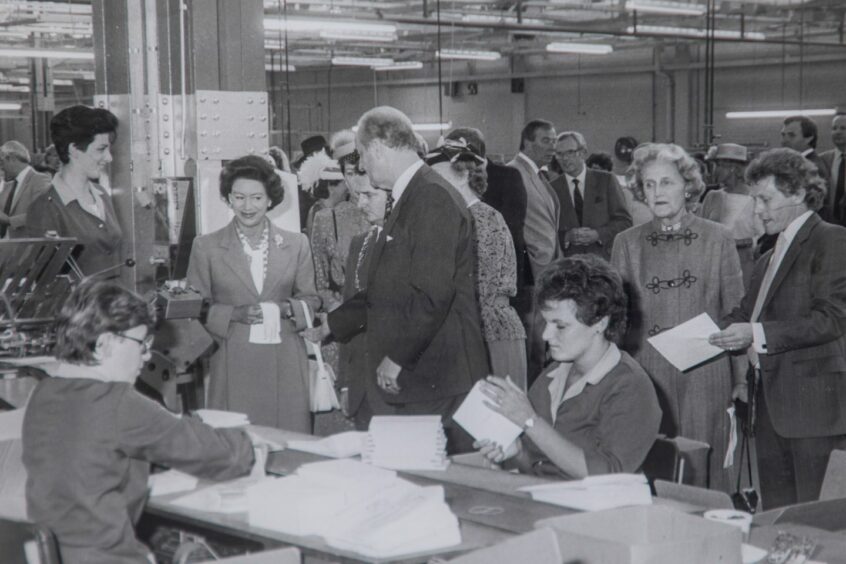
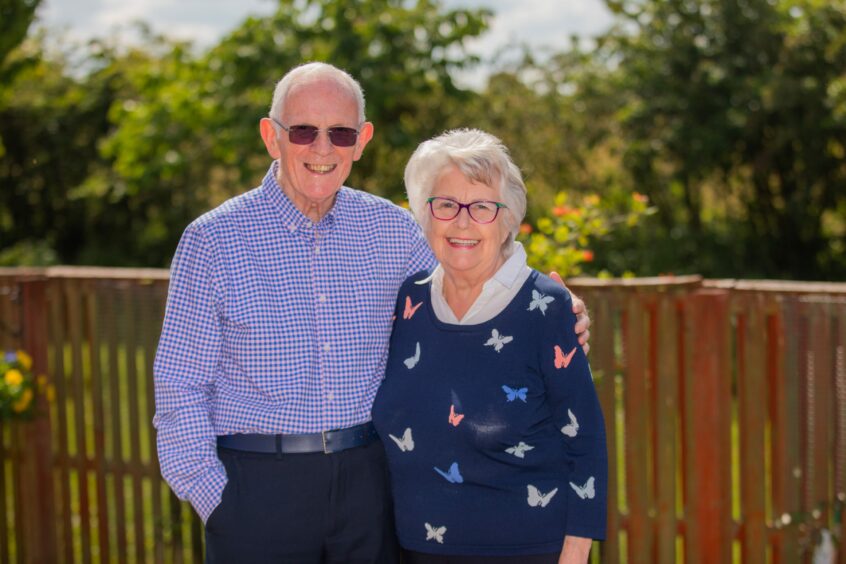
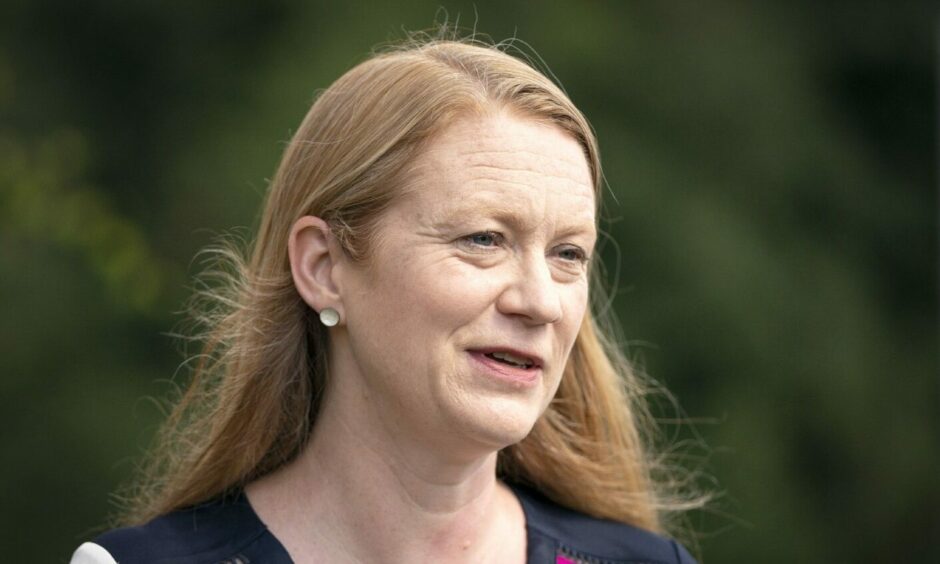





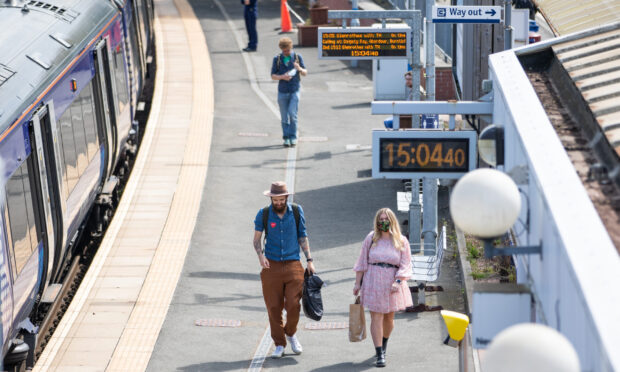
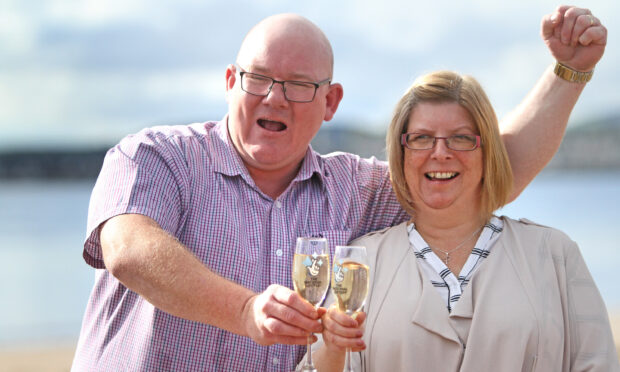

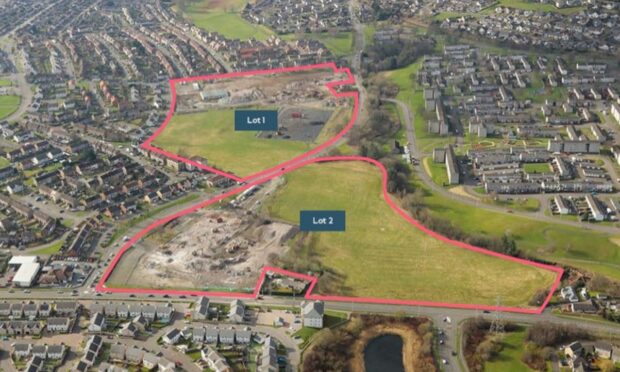
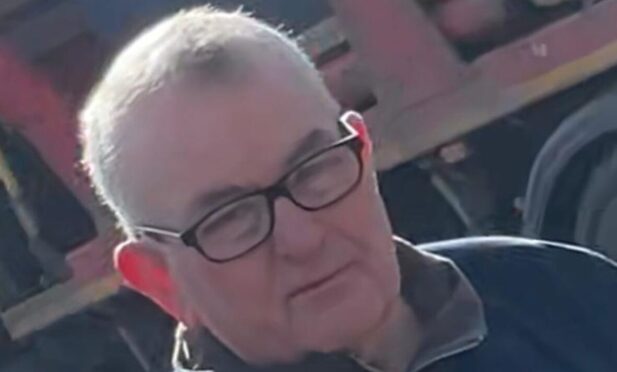

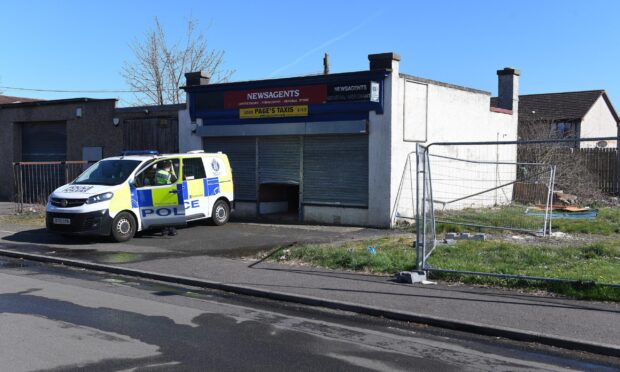
Conversation